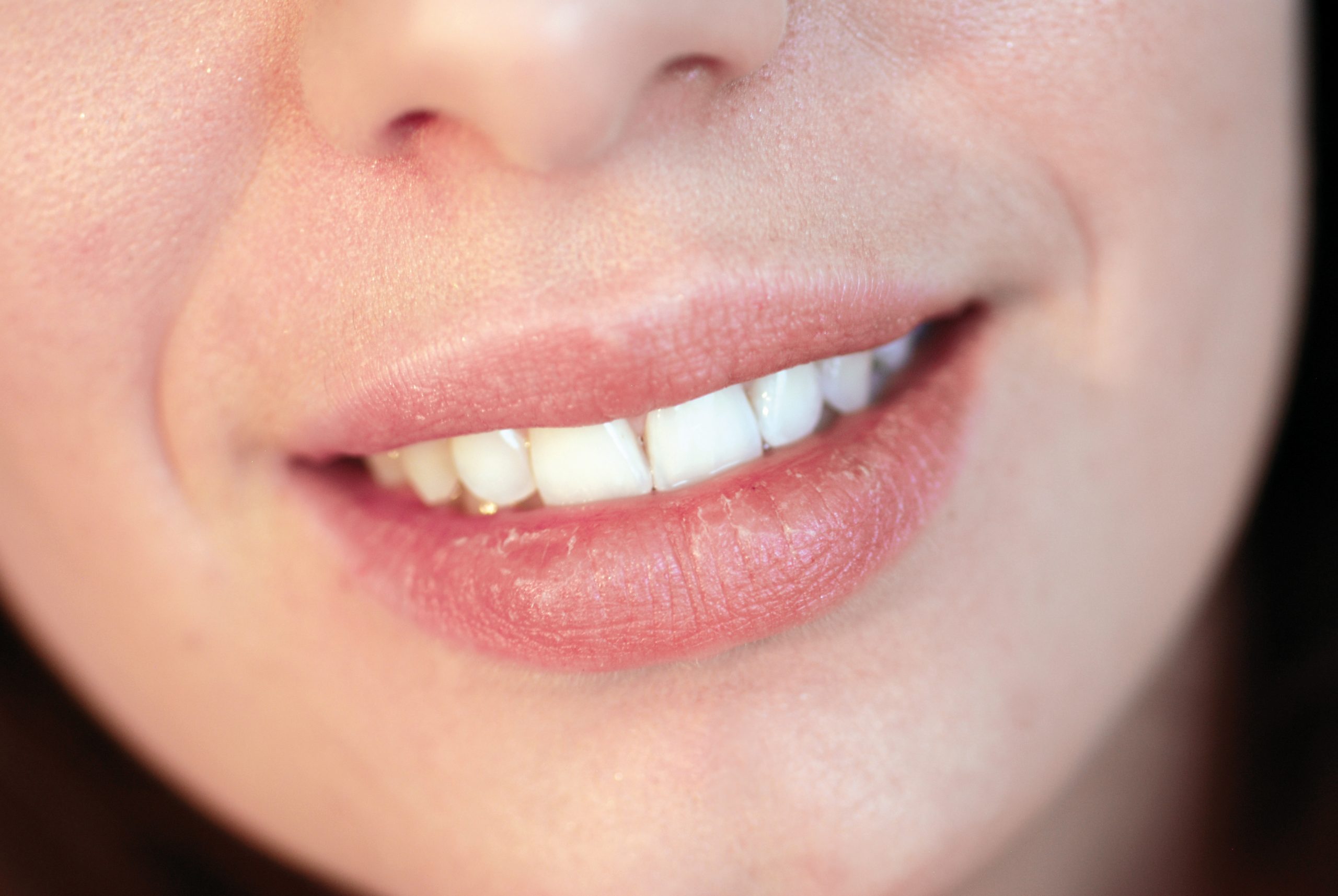Medically known as xerostomia, dry mouth is a dental problem characterised by the salivary glands’ inability to produce saliva sufficient to maintain the moistness of the mouth. Sometimes, dry mouth is caused by ageing, certain medications and radiation therapy. Very rarely, dry mouth may come as a result of issues directly impacting the salivary glands.
Saliva does a lot for a healthy mouth. It washes food particles away, neutralises acid from bacteria, improves taste and makes chewing and swallowing easy. Digestion is also aided by the enzymes present in saliva.
Insufficient saliva can cause mild to severe problems that affect your gums, teeth, overall health, appetite and ability to enjoy food.
What causes dry mouth determines the treatment.

See your doctor when you start experiencing symptoms of dry mouth.
The salivary glands may be unable to produce a good amount of saliva for a healthy mouth as a result of:
Dry mouth can progress into:
Your doctor will look at your mouth, scrutinise your medical history and all the medications you’re taking to identify dry mouth.
Blood tests, scans of salivary glands, or tests to check your saliva production may often be done to diagnose this condition. If Sjogren’s syndrome is responsible for dry mouth, a biopsy will be taken for laboratory testing.
This depends on the cause of your dry mouth:
Where dry mouth is severe, your doctor may recommend saliva stimulating medications like pilocarpine (Salagen). They may also prescribe tooth protection products like fluoride trays and chlorhexidine rinse for cavity control.
These tips can prevent dry mouth symptoms at home:
You should do the following before seeing your doctor:
For more information and treatment for dry mouth, visit Smile Clinic London or call us on 0207 139 8611 to schedule an appointment today.